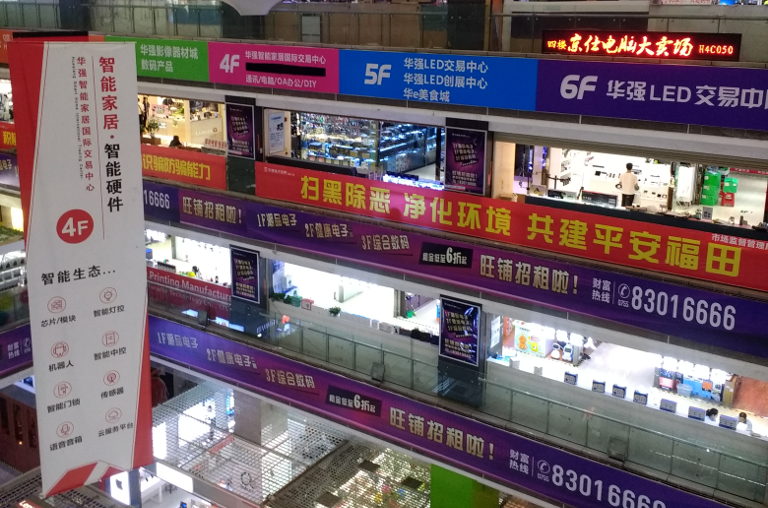The current decade has been marked by the COVID-19 pandemic that not only caused a major health crisis but also accelerated another underlying and somewhat latent crisis which, though the signs were already more than evident, had gone unnoticed by society as a whole. We are talking about the global supply chain crisis.
The functionality of the entire capitalist economic system hinges on the smooth operation of the global supply chain. Disrupting that chain would cause the system as we know it to collapse, with consequences that are hard to foresee.
The current crisis has undoubtedly been compounded by transitory factors such as the cessation of business activities during the pandemic, high shipping costs, the shortage of drivers or the just-in-time model, but the ultimate cause is the depletion of the cheap resources on which our current economy is built. The energy crisis and limited material resources are putting the capitalist machine against the ropes. Capitalism has pushed the planet to its limit. The endless growth that sustains it is no longer a possibility. The Club of Rome warned us this would happen 50 years ago in its report The Limits of Growth. Five decades should have been enough for us to find the path to prosperity without growth. Apparently, we didn’t take the lesson to heart.
In this session, we will try to understand the causes of the supply chain crisis, unravel its complexity and analyse what has changed since that 1972 Club of Rome report. Two prestigious speakers will guide us on this journey:
Antonio Turiel, with a BSc in Physics and Mathematics and a PhD in Theoretical Physics, is a scientist, energy resources expert and CSIC [Spanish National Research Council] researcher at the Instituto de Ciencias del Mar [Ocean Sciences Institute]. Turiel is a well-known science populariser who shares his knowledge in lectures and articles and on his blog “The Oil Crash”, where he analyses the situation of fossil fuels and its possible consequences for the world economy and society. He is author of the book Petrocalipsis (2020) and co-author of El otoño de la civilización (2021).
Richard Heinberg, Senior Fellow of Post Carbon Institute, is regarded as one of the world’s foremost advocates for a shift away from our current reliance on fossil fuels. He has authored hundreds of essays and fourteen books, including some of the most seminal works on the current energy and environmental sustainability crisis. His latest publication is Power: Limits and Prospects for Human Survival. Heinberg has appeared in many film and television documentaries, among them 11th Hour, co-written by Leonardo DiCaprio.
The session will be moderated by Laura Ojea, Energy and Sustainability Editor of El Español-Invertia.
Organised by: La Casa Encendida with the collaboration of Fundación Transición Verde #LaCasaOn
FOLLOW US:
Suscribe to YouTube: https://bit.ly/2URuwzE
Instagram: https://bit.ly/2LD6WDY
Twitter: https://twitter.com/lacasaencendida
Facebook: https://www.facebook.com/LaCasaEncendida
Nuestra web: https://www.lacasaencendida.es
The opinions expressed in this video are the sole responsibility of the authors and do not necessarily reflect the position of La Casa Encendida.
Teaser photo credit: Many electronics manufacturers of Guangdong and beyond rely on the supply of parts from numerous component shops in Shenzhen. By Mx. Granger – Own work, CC0, https://commons.wikimedia.org/w/index.php?curid=72641255





